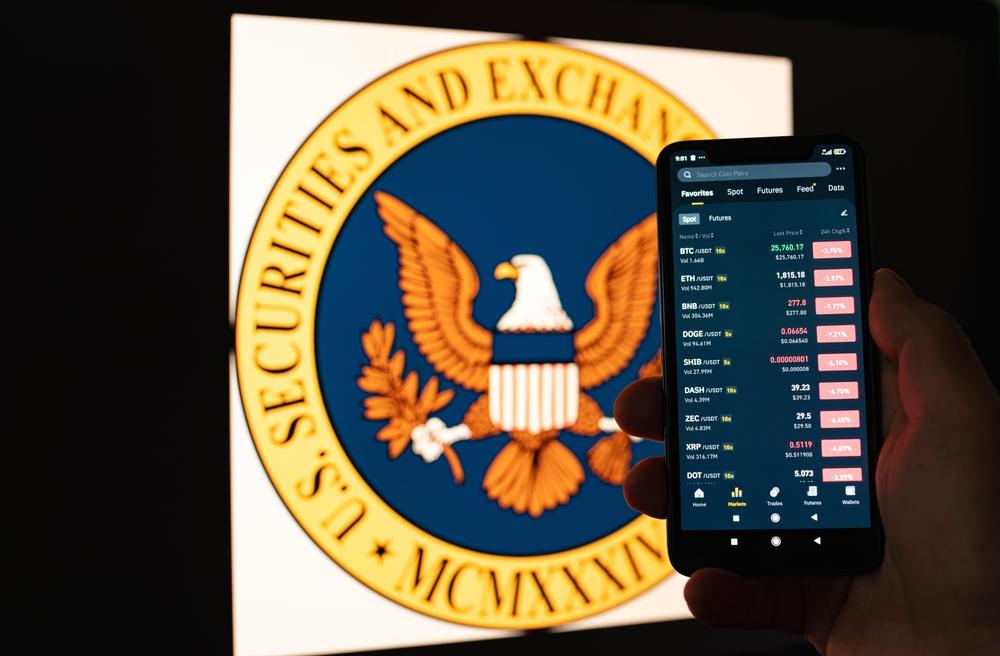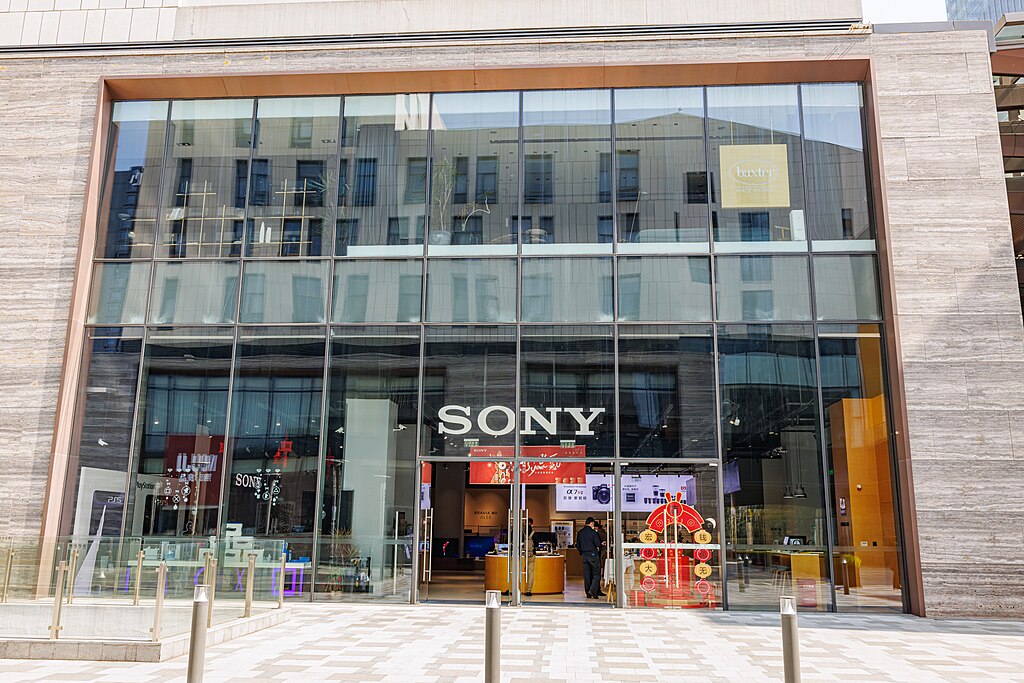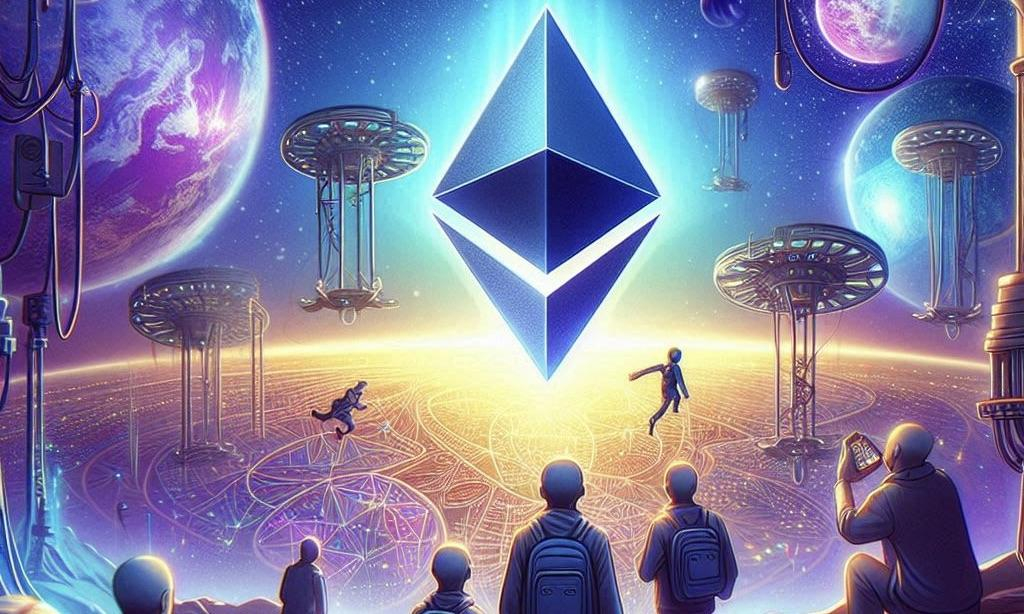Blockchain, the technology that underpins digital currencies such as bitcoin, is being actively explored and implemented in multiple industries including finance, supply chain, real estate, international trade and more.
Creative industries such as music, art, and cinema have also been looking into the potential of this technology to enhance their processes.
Variety on Monday reported that a group of executives from the film and tech industry is planning to set up a working group to explore and plan the ways in which blockchain technology could be implemented in creative industries.
As per the report, an announcement is expected to be made by Manuel Badel from Badel Media and Patrice Poujol from The Lumiere Project at the ongoing American Film Market on Tuesday, November 12. Also in attendance will be New York-based lawyer Jesse Weiner co-managing partner of Yingke Law.
Together, they would be announcing a “common initiative” that will focus on creating “a global roadmap and an internationally connected ecosystem for the development of blockchain and smart contract technologies in the creative industries.”
Badel underscored the need for structures involving industry stakeholders in order to better understand blockchain applications and their potential impact.
“It would be a sort of sandbox without borders where collaboration in experimentation, sharing of expertise, but also access to financing and markets will be among the main benefits,” he said.
The initial partners in this “digital bridge project” are from Canada and Hong Kong with plans to onboard other institutions from the U.S., Latin America, Africa, Europe, Russia, and other parts of Asia. They will conduct research and come up with practical solutions and an annually reviewed roadmap for the use of blockchain and smart contract technologies in creative industries.
In addition, independent laboratory initiatives will focus on researching the convergence of blockchain with artificial intelligence (AI) and extended reality (XR) (augmented reality (AR)/ virtual reality (VR)/ mixed reality (MR)), as well as the tech’s growing integration into film, the music industry, publishing, video-games, and digital arts.
























Comment 1